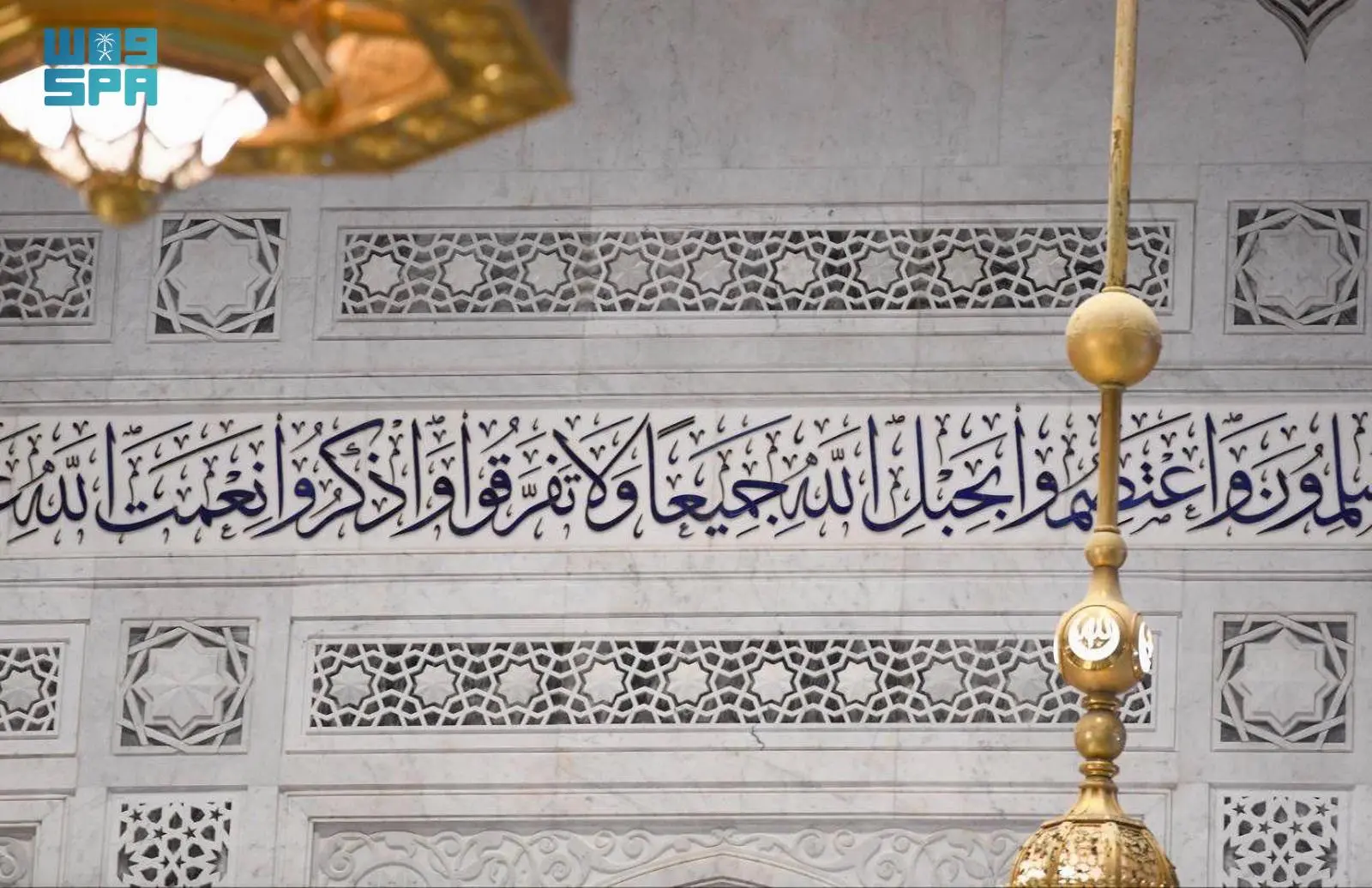World Arabic Language Day has been celebrated every year on 18 December since 2012. The date coincides with the day in 1973 that the General Assembly of the United Nations adopted Arabic as the sixth official language of the Organization.
The 2024 celebration marks the 51st anniversary of Arabic’s official recognition at the UN. With speakers exceeding 450 million and official status in nearly 25 countries the Arabic language is a pillar of the cultural diversity of humanity. It is one of the six official languages of the United Nations.
Arabic also holds a central role in Islam as the language of the Quran, regarded by Muslims as the literal word of God. The language is integral to daily prayers, religious studies, rituals, and serves as a unifying medium for an estimated 1.8 billion Muslims worldwide.
On the occasion of 2024’s World Arabic Language Day UNESCO notes:
“In the diversity of its forms, classic or dialectal, from oral expression to poetic calligraphy, the Arabic language has given rise to a fascinating aesthetic, in fields as varied as architecture, poetry, philosophy and song. It gives access to an incredible variety of identities and beliefs and its history reveals the richness of its links with other languages. Arabic has played a catalytic role in knowledge, promoting the dissemination of Greek and Roman sciences and philosophies to Renaissance Europe. It has enabled a dialogue of cultures along the silk roads, from the coast of India to the Horn of Africa.”
“AI technologies offer transformative opportunities for Arabic speakers and those interested in Arabic’s intellectual heritage to access web content in Arabic by enhancing access to texts and cultural heritage through digitization, AI-based optical character recognition (OCR), semantic tagging, natural language processing, and machine translation. These technologies ensure broader accessibility to Arabic texts and foster a future where tradition and innovation coexist. The use of artificial intelligence tools on web content contributes to the preservation of works written in Arabic, promotes the use of Arabic, enhances language education, and helps bridge the digital divide between cultures. Examples include natural language processing that offers real-time translation from other languages to Arabic and vice versa, and AI assistants that provide answers to questions in Arabic.”
The 4 Corners of the World blogs adds that:
“The Arabic alphabet consists of 28 letters, primarily representing consonants, and is written from right to left. It derives from the North Semitic alphabet and forms the basis of a three-letter root system. Words are formed by adding vowels, prefixes, and suffixes to these roots, leading to many different words and meanings. Diacritical marks known as ‘tashkil’ indicate short vowels, for example, the three-letter root word k-t-b can be combined to mean “to Write” katab= كَتَبَ . The following words are all derived from this root. For example:
Book: kitāb = كتاب
Writing: kitābah = كتابة
Written: maktūb = مكتوب
Writer: kātib = كاتب
This linguistic structure exemplifies the adaptability and depth of the Arabic language.
Over the centuries, the Arabic script has been adapted to a number of languages, including Persian, Ottoman Turkish, and Urdu. The influence of Arabic transcends the boundaries of Islam, as indicated by the significant number of non-Muslim native Arabic speakers, which includes Christians, Druze, and Jews among others.”
Among other events, The Saudi National Museum, in collaboration with the King Salman Global Academy for Arabic Language, will celebrate World Arabic Language Day on Saturday with programs exploring the role of the Arabic language in the modern era and approaches to reviving it through enriched educational methods.









